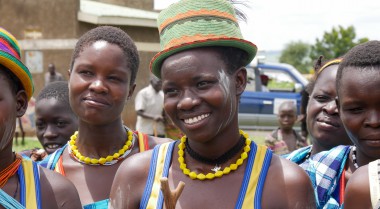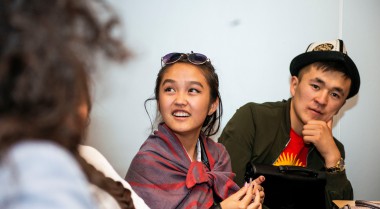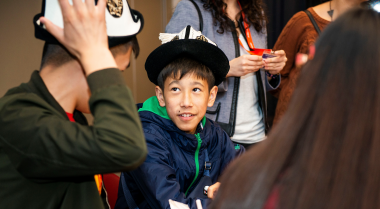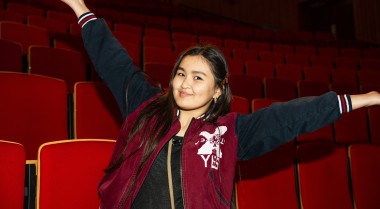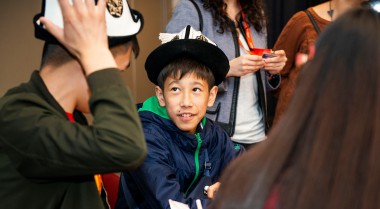
Zooming into the Missing Piece to Peace in Libya
I tweet on Twitter, zap in on zoom and welcome on WhatsApp. I do all of this while sitting on my beige coloured sofa in Tripoli, Libya, which has had its best years. I am connected to changemakers despite the frequent power cuts and unstable internet connection that disrupt my flow.
But like so many other young men and women in Libya, I feel disconnected. I feel cut off from the peace process in my country. In November 2020, the United Nations Support Mission in Libya (UNSMIL) organised the Libyan Political Dialogue Forum, in addition to the ongoing military dialogue (called 5 + 5 Committee), where 75 Libyan representatives participated to move the peace process forward. None of them were my age. None of them were young.
I no longer want to be sidelined from shaping the future of my country.
I want young people to know that they do not need to have a strong academic background, or large amounts of funding, or even essential things such as electricity and a stable internet connection to become a peacebuilder. I want young people to know that by doing you are becoming. I am an example. I am a peacebuilder.
Together with my colleague Khaled Emam, a fellow GPPAC member from Justice Call Egypt, I received the GPPAC Small Grant. With this money, we planned and hosted two Virtual National Youth Consultation Sessions on Zoom for 27 Libyans aged 18-35. Experiencing the unstable internet connection day in day out, we also formulated survey questions to reach as many young people as possible, in case they could not participate in the consultations. We wanted to gain a deeper understanding of their perception of the ongoing peace process and their needs.
The virtual space for young people was full of inspiration and openness. It was safe for us to come together and talk, and we all agreed that we need to stay connected and document the work we are doing. That is why we established the Libyan National Forum on Youth Peace and Security.
I am proud to say that we disrupted the trend of sideling youth in Libya. We did not continue the trend of exclusion. Rather, we used the GPPAC convening power to include local youth peacebuilders, national stakeholders and UN representatives in an Expert Level Meeting on 5 November 2020 to discuss the findings of the Virtual National Youth Consultation Sessions and the survey.
I now know firsthand that a small amount of money can make a difference. Today, the voice of my generation is spelt out in a policy brief that Khaled and I wrote together with our colleagues from the GPPAC Global Secretariat. In this policy brief, provide practical recommendations for the United Nations presence in Libya to connect with youth. We share how to fully, effectively and meaningfully include young peacebuilders in peace efforts.
We, all the young peacebuilders united in the Libyan National Forum on Youth Peace and Security, are determined and full of ideas to contribute to the peace process in our country. We just need a seat at the table. Or my sofa for that matter.
